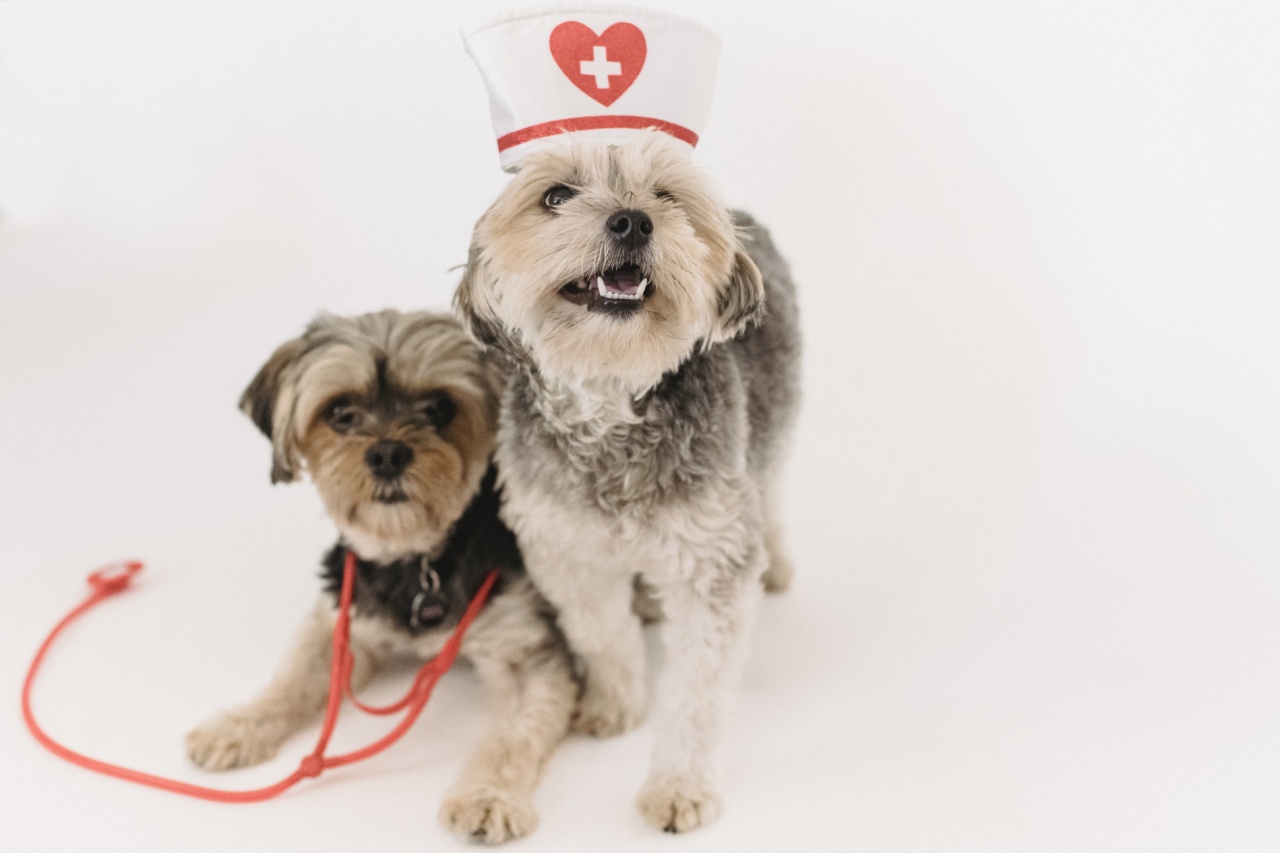Every dog has a unique personality, but they all share one common characteristic – they are excellent at communicating. Dogs communicate through body language, vocalizations, and behaviors to express their needs, wants, and emotions.
As a dog owner, it’s essential to understand and interpret your dog’s communication to better meet their needs. One form of dog communication that often has owners scratching their heads is when their dog complains. Here are ten reasons why my dog complains:.
1. Hunger
One of the most common reasons why dogs complain is hunger. Just like humans, dogs have an appetite and get frustrated when they are starving.
Even if you feed your dog on a schedule, they may still complain if they are particularly hungry or have missed a meal. Pay attention to your dog’s feeding schedule and provide appropriate amounts of food to prevent them from becoming hungry.
2. Thirst
Dehydration is a real problem for dogs, and they can’t tell us when they are thirsty. If your dog is complaining excessively, they may be trying to signal that they are thirsty and want access to water.
Dogs should always have access to clean and fresh drinking water.
3. Need for Attention
Just like humans, dogs crave attention and affection from their owners. Even a well-trained and well-exercised dog may complain if they feel neglected.
Spending quality time with your dog, playing with them, and giving them snuggles can help fulfill their need for attention.
4. Boredom
Dogs require a lot of mental and physical stimulation to stay happy and healthy. If they don’t get enough playtime and exercise, they can become bored and start complaining.
Providing enough toys, interactive games, and room to run can help prevent boredom and keep your dog entertained.
5. Fear
Dogs can get scared and anxious, just like humans. If your dog is complaining and acting out of character, it could be due to fear. Loud noises, new environments, or meeting new dogs may trigger your dog’s fear response.
It’s critical to comfort and reassure your dog to help them overcome their fear.
6. Pain
Dogs are wired to hide their pain, making it challenging to detect when they are injured or ill. However, if your dog starts to complain and vocalize more than usual, it may be a warning sign that your dog is in pain.
Schedule a visit with your veterinarian to have your dog properly evaluated.
7. Discomfort
Dogs, like humans, can become uncomfortable when they are not feeling well. This can include feeling too hot, cold, or even having an itch they can’t reach.
Dogs are likely to complain when they are uncomfortable, and you may notice them scratching excessively or whining. Pay attention to your dog’s body language and behavior to identify when they may be uncomfortable.
8. Need for Bathroom Breaks
Dogs need to go outside for potty breaks multiple times a day, especially puppies and older dogs. If you neglect to provide your dog with frequent bathroom breaks, they will begin to complain and vocalize their need to go outside.
Watch for signs of sniffing, circling, and whining to indicate that your dog needs to go potty.
9. Separation Anxiety
Some dogs may develop separation anxiety, a condition in which they become stressed and anxious when left alone. Dogs with separation anxiety may complain or bark excessively when you are about to leave or have already left.
Provide your dog with plenty of socialization and exercise, and gradually increase the time they spend alone to help alleviate their separation anxiety.
10. Aging and Cognitive Decline
As dogs age, they can experience cognitive decline, which includes changes in behavior and personality. Older dogs may complain more and vocalize changes in their needs and wants.
Regular visits to the veterinarian and following a healthy diet and exercise routine can help protect your dog’s cognitive function and prevent complaints due to aging.































